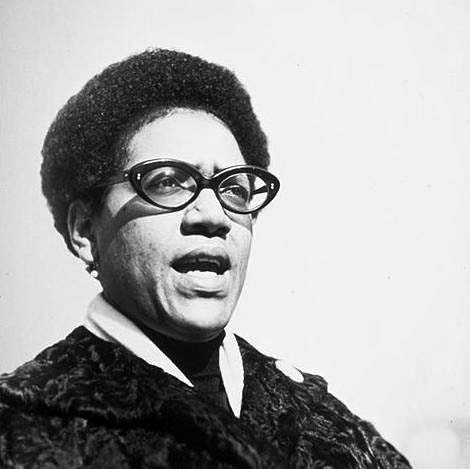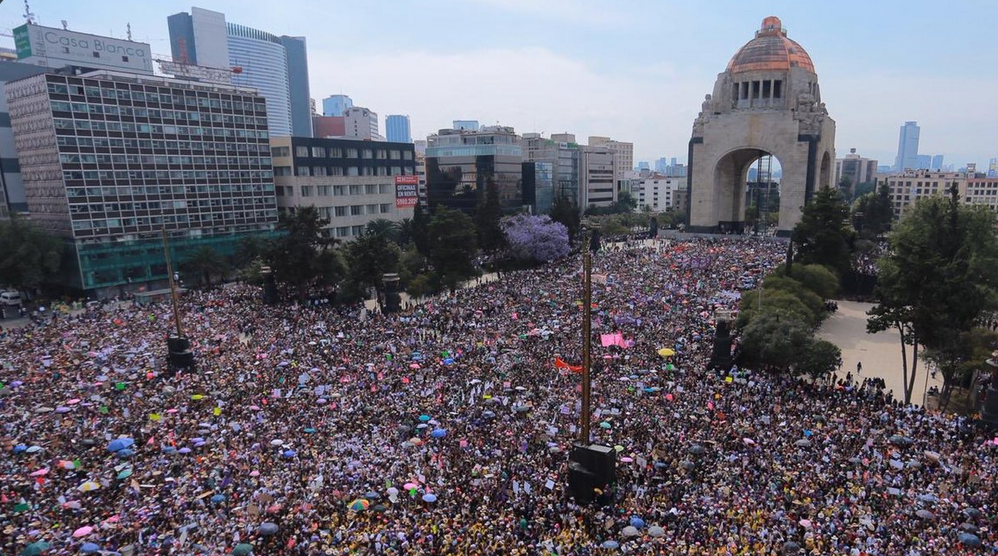
old and recovered reading list! somewhat updated:2021-06
An odd but worthy reading list


Published on Sep 15, 2020 by Gala Camacho Ferrari

I read Audre Lorde’s “The uses of anger: women responding to racism” and it really moved me. I know this text has been around for a long time, but isn’t that part of what makes it even more infuriating - we see change, and we believe change has happened, but Lorde’s words still ring true to me, to my experiences and to the experiences of other WOC around me.
How much change is enough change for it to feel visible when you read something?
I can see so clearly when TV shows have not aged well, when jokes are finally deemed inappropriate, when the lack of people of colour in the screen is bothersome, when you hear a line that makes you turn it off, when you feel deep discomfort with the assumptions the characters are making about what is normal.
This text, unfortunately, has not “aged” as much as one would have hoped.
Here are some thoughts I had when reading the text -
Lorde says: “And yes, it is very difficult to stand still and to listen to another woman’s voice delineate an agony I do not share, or one to which I myself have contributed.” As intersectional feminists, is it clear that we are never really going to know of all of these intersections we talk about? I feel like there should be an implicit commitment and readiness to listen and learn when we are shown we have been the oppressor, when we have been silent. This is strengther for her ask of “Anger, not moral authority.”
Lorde calls guilt “the ultimate protection for changelessness.” And I just ask you to read that again… “the ultimate protection for changelessness.” What a difficult thing to read. I think about how many times guilt has given me a free card to inaction, and I appreciate the call out.
And without any commentary needed really - the part that really hit home for me was: “We use whatever strengths we have fought for, including anger, to help define and fashion a world where all our sisters can grow, where our children can love, and where the power of touching and meeting another woman’s difference and wonder will eventually transcend the need for destruction.”


An odd but worthy reading list

Using our anger

Mona's intersectional feminism is so bold, its inspiring.

Women across Mexico demonstrated what a Mexico without women would be like